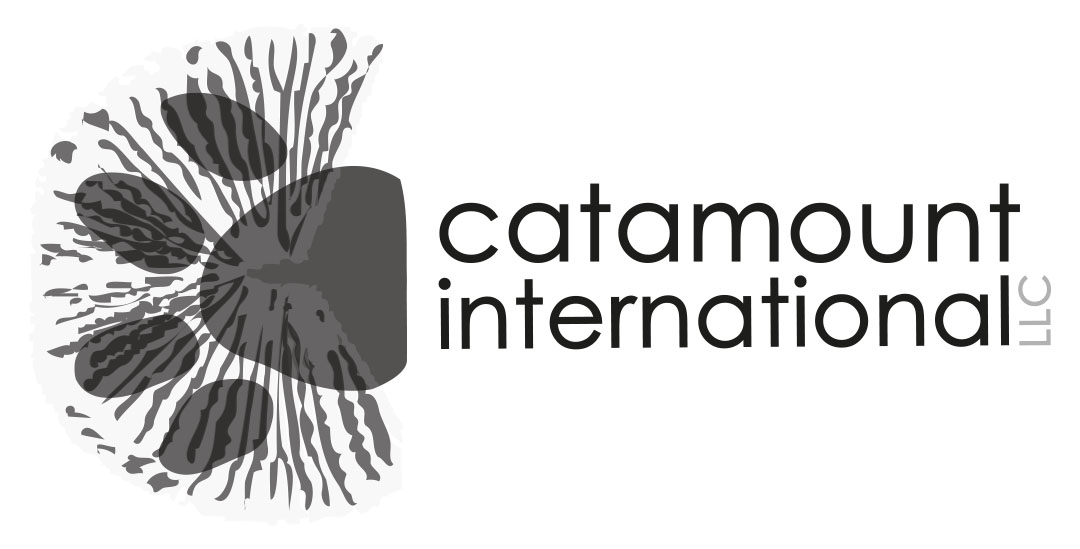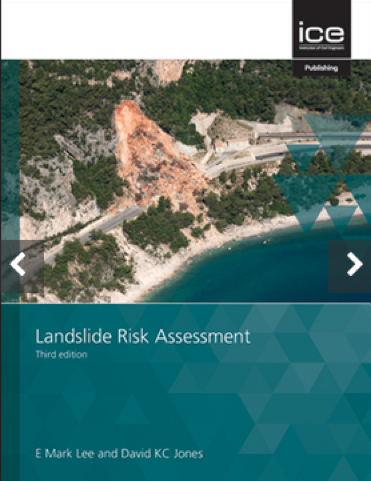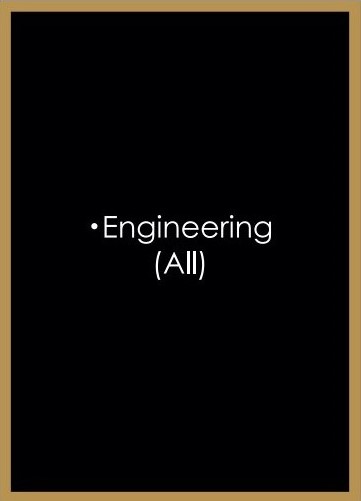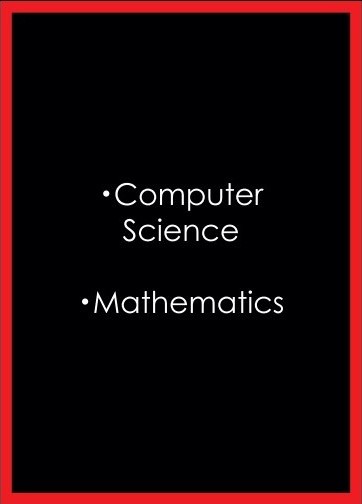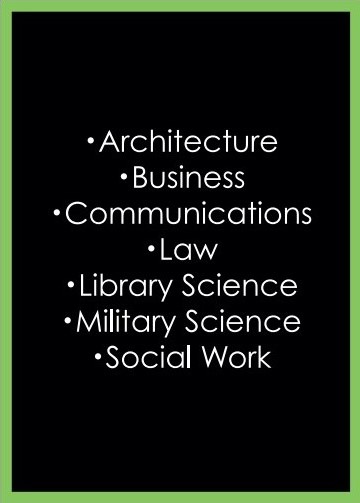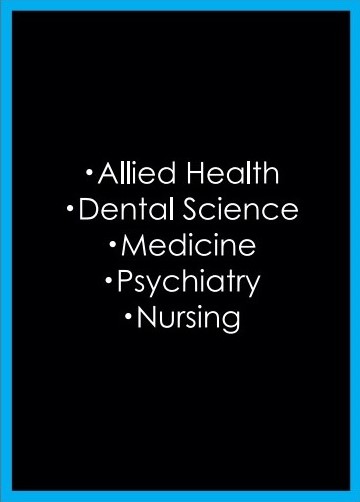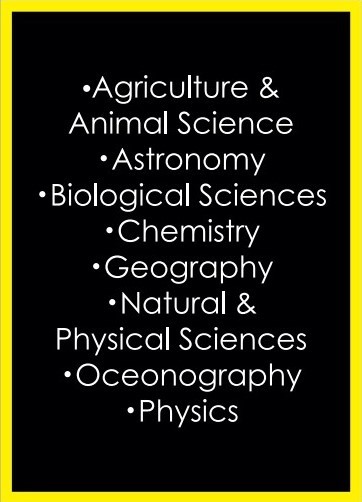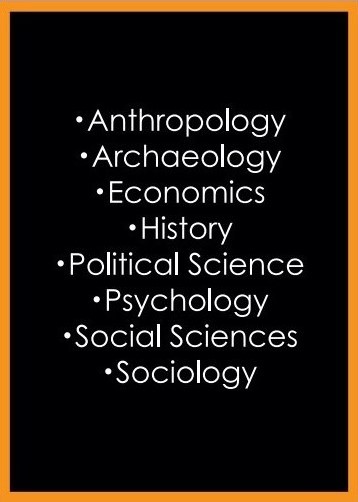Landslide Risk Assessment
Breve Descripción
Landslide Risk Assessment, tercera edición, es la guía esencial para establecer la probabilidad y el grado en que futuros derrumbes de taludes podrían tener un impacto adverso en la sociedad y afectar las áreas urbanas. Este libro examina una variedad de enfoques para la evaluación y gestión del riesgo de deslizamientos de tierra.
Breve descrição
Landslide Risk Assessment, é o guia essencial para estabelecer a probabilidade e o grau em que futuras falhas de taludes podem ter um impacto adverso na sociedade e afetar áreas urbanas. Este livro examina uma variedade de abordagens para avaliação e gerenciamento de risco de deslizamento de terra.
Full description
Landslide Risk Assessment, Third edition is the essential guide on establishing the likelihood and extent to which future slope failures could adversely impact society and affect urban areas. This book examines a variety of approaches to landslide risk assessment and management. It introduces the key challenges that practitioners will need to overcome when estimating the probability and consequences of landsliding. The use of risk criteria is described, marking the important transition between risk assessment and risk management. Now updated with the latest ISO and Society for Risk Analysis guidance, and with a focus on the impact of uncertainty and strength of knowledge on assessing risk plus much more, this book is the authoritative, must-have purchase for any practitioner operating in this area. With international case studies and examples to allow you to put theory into practice, this book covers
-risk concepts and models
-basic elements of landslide risk assessment
-landslide hazard
-qualitative and quantitative risk assessments
-exposure and vulnerability
-consequences
-quantifying risk
-assessing uncertainty and strength of knowledge.
This title will appeal to any geotechnical or civil engineer involved in slope engineering and landslide risk. It will have additional appeal to risk analysts, geomorphologists, hydrologists, foresters, environmental consultants, students, academics and researchers.
Engineering
otras áreas de / interés...
other areas of / interest...
outras áreas de interesse...
¿Buscas libros en un área específica?
Looking for books in a specific area?
¿Procurando livros em uma área específica?



